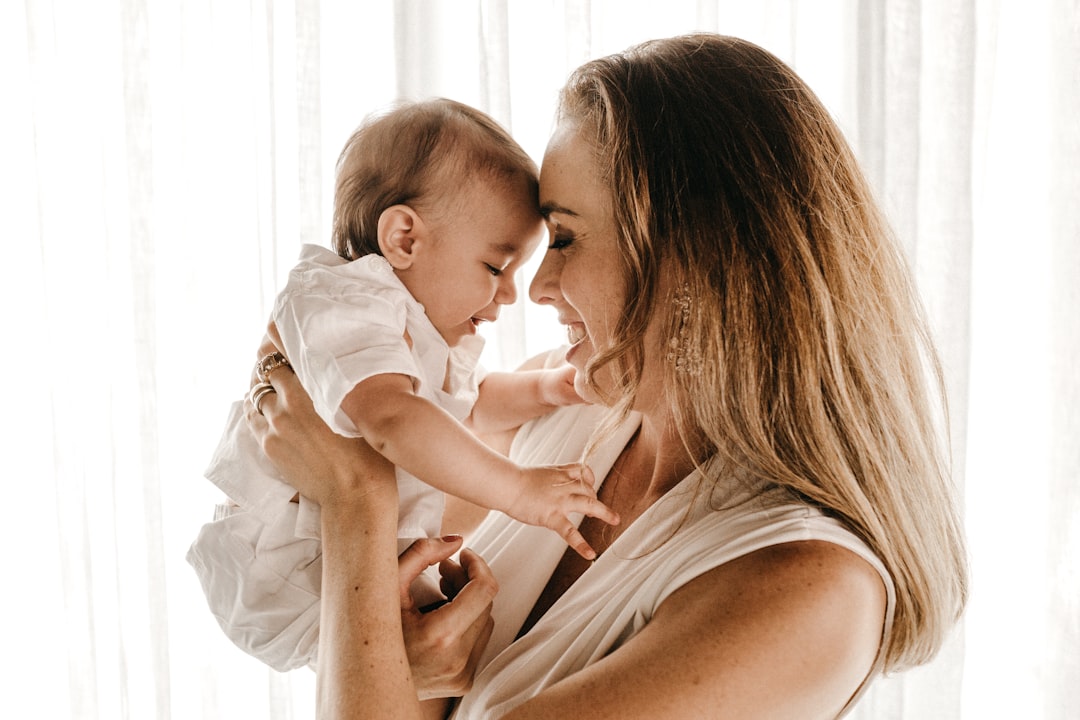What is it about?
There are multiple forms of conflict between parents that play different roles in children's developmental outcomes. Constructive forms of conflict (i.e., listening, using humor) between parents decreased children's emotional and behavior problems. Destructive forms of conflict (i.e., verbal aggression including blaming and putdowns) between parents increased children's emotional and behavior problems. More severe forms of conflict like intimate partner violence (i.e., physical and sexual violence) increased children's behavior problems. All three forms of conflict were linked with child behavior problems via child emotional insecurity, suggesting that child emotional security may be an important target for interventions.
Featured Image

Photo by Sandy Millar on Unsplash
Why is it important?
Different forms of parental conflict are linked with child behavioral outcomes in different ways. Clinicians and parent education programs should inform parents about children's sense of security in the family and help parents tune into their children's emotional security to help reduce especially the negative effects of parental conflict on child outcomes.
Perspectives
I hope this article will help think about different forms and levels of conflict that occur within families and their links to children's emotional and behavioral wellbeing.
Joyce Lee
University of Michigan
Read the Original
This page is a summary of: The Associations of Constructive and Destructive Interparental Conflict to Child Well-Being Among Low-Income Families, Journal of Interpersonal Violence, March 2019, SAGE Publications,
DOI: 10.1177/0886260519835872.
You can read the full text:
Contributors
The following have contributed to this page










